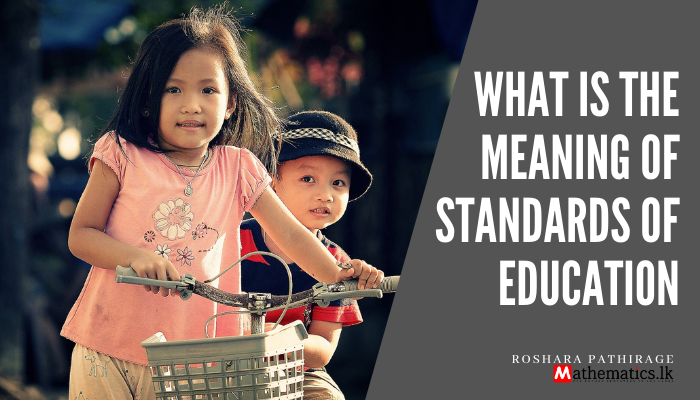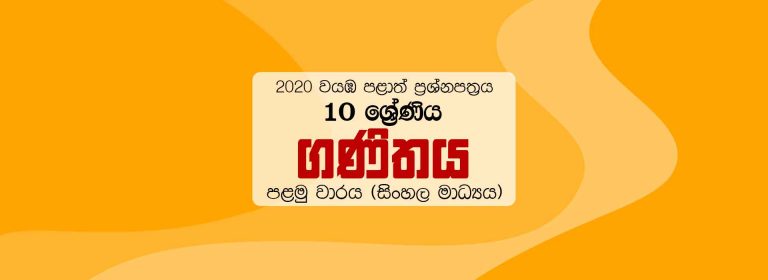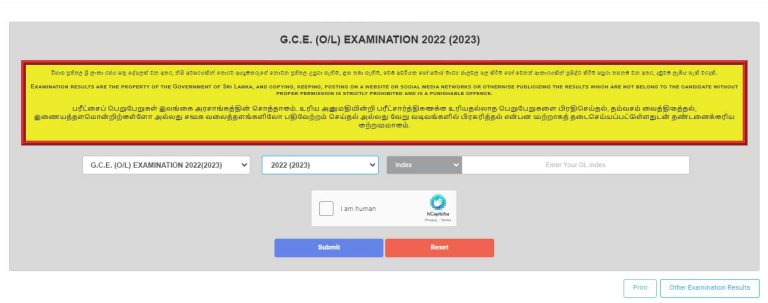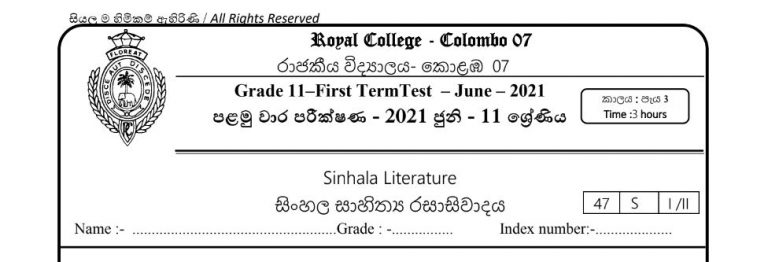What is the meaning of the standards of education?
The standards of education are the levels of knowledge and skills that students possess at different stages of their academic lives. Also can be explained as standards for professional learning that lead to effective teaching practices, supportive leadership, and improved student results. The quality of education really depends on the institution that you are enrolled.
History of Sri Lankan education
The British colonial period lasted from 1796 to 1948, which shaped the development of education in Sri Lanka.
Sri Lanka won its independence from Great Britain in 1948, and enshrined the right to free education in the constitution some 30 years later. In the first year after independence in 1965, the government allocated 59% of its annual budget for education. There was a rapid construction of schools, classroom desks, and chairs were designed to provide comfort and long term usage. In a short time, the country maintains some of the highest literacy rates in South Asia.
Sri Lanka’s modern education system was brought by its integration into the British Empire in the 19th century. A standard system of government schools was begun by the British based on the recommendations of the Colebrooke Commission in 1836. This is regarded as the beginning of the government’s schooling system on the island. It started with the establishment of the Royal College in Colombo (formerly the Colombo Academy) and lead to the formation of several single-sex schools constructed during the colonial period, by the British.
How is the current standards of education?
Education up to higher education is completely free and therefore there is a lot of competition among students. There is a couple of elite national schools in every major city of Sri Lanka and the quality and the resources available in those schools are relatively high when compared with schools in rural areas. It doesn’t matter where you start your primary education, if someone performs really well in the Grade 5 scholarship examination, will get the opportunity to attend one of those elite schools. After grade 6 anyone can continue the curriculum in either English or your native language and in grade 11, have to sit for the G.C.E Ordinary Level examination. After that comes the G.C.E Advanced Level and the subjects that can learn in A/L depend on the results of their O/Ls.There are four subject streams for A / L. They are; Physical science stream, Biological science stream, Commerce stream, and Arts stream.
Meanwhile, the A/L examination is highly competitive, and based on your result you get free admission to one of the state universities in Sri Lanka. One of the most sought after engineering faculty in Sri Lanka is the University of Moratuwa and the University of Colombo is the most prestigious Faculty of Medicine in Sri Lanka. However, for someone who works hard and does their best to get the utmost of the opportunity they are given, the Sri Lankan education system is an excellent institution to truly brighten your future regardless of your race, ethnicity, gender, family background, or any other factor.
Sri Lanka has the highest literacy rate in South Asia, yet, it is unable to develop the fundamentals to create a sustainable and progressive education system. When we considering International schools, they were initially created to cater to the children of expatriates but it seems now the growing needs of local students is what is driving these schools.
The fundamental issues in the Sri Lankan public education system can be sited as; access to quality education, has a shortage of qualified and experienced teachers, largely because of issues with training, recruitment, and development (trained teachers are usually provided mostly to the elite schools), lack of government funding for education, no future focus, serving their own political interest, and an unregulated education system.
Finally, One thing is how extremely lucky we are to get state-sponsored education which is not the case for the majority of the countries in the world, especially in developing countries.
Steps can be taken to raise the standards of Sri Lankan education
- Improving textbooks and upgrading the curriculum
- Strengthening education policy, institutions, and financing
- Establishing and implementing quality assurance measures
- Taking action to direct talented teachers to all schools
- Working to make everyone understand the value of education
“ The function of education is to teach one to think intensively and to think critically. Intelligence plus character – that is the goal of true education ´´
-Martin Luther King-





